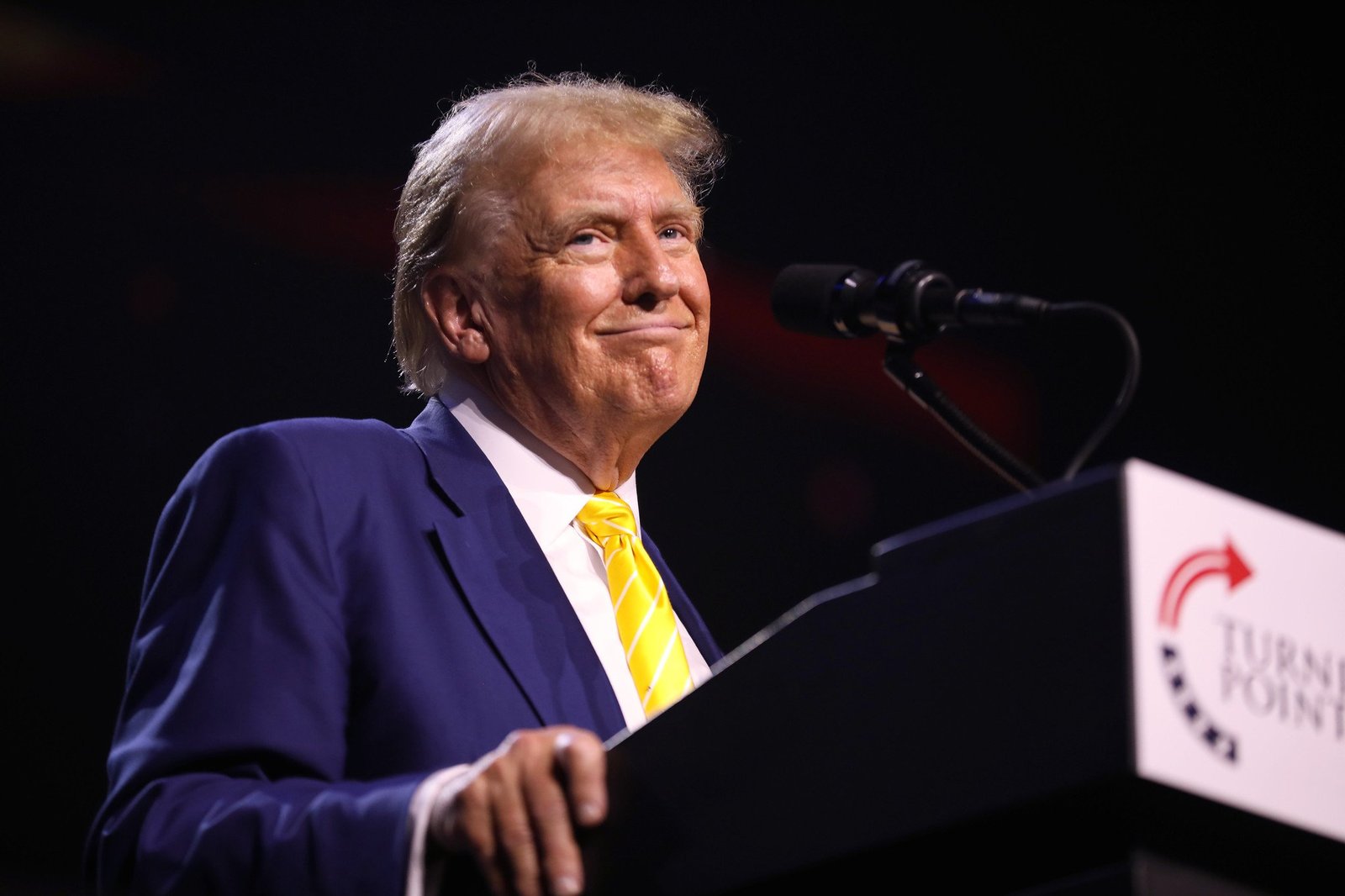Donald Trump has come under fire once again for his behavior towards individuals with disabilities. A recent report by The New York Times highlighted an incident at one of Trump’s rallies where he appeared to mock President Joe Biden’s stutter. This act has sparked outrage and led to a petition by ADA Watch, urging Trump to apologize to the more than three million Americans who stutter and to stop mocking people with disabilities.
This behavior is not new for Trump, who has previously been criticized during his 2016 campaign for derogatory comments about a disabled journalist. Such actions have left many voters disillusioned, with polls indicating that mocking the disabled journalist was seen as one of his most unforgivable actions during his campaign.
Trump’s tendency to insult and belittle others as a form of attack is well-documented, extending beyond just individuals with disabilities to include racially charged statements about Mexican immigrants during his 2016 campaign launch. This pattern raises concerns about his sensitivity and understanding of various social issues, including disability rights.
Some see Trump’s unabashed demeanor as revealing the true extent of his views, suggesting that his outspoken nature on such matters reflects a deeper lack of awareness and consideration for the people affected by his words.
Despite the backlash, Trump’s approach remains unchanged, which some interpret as an inadvertent affirmation of their resolve to stand against what he represents. His consistent behavior might be seen as an indicator of his values, further polarizing public opinion.

